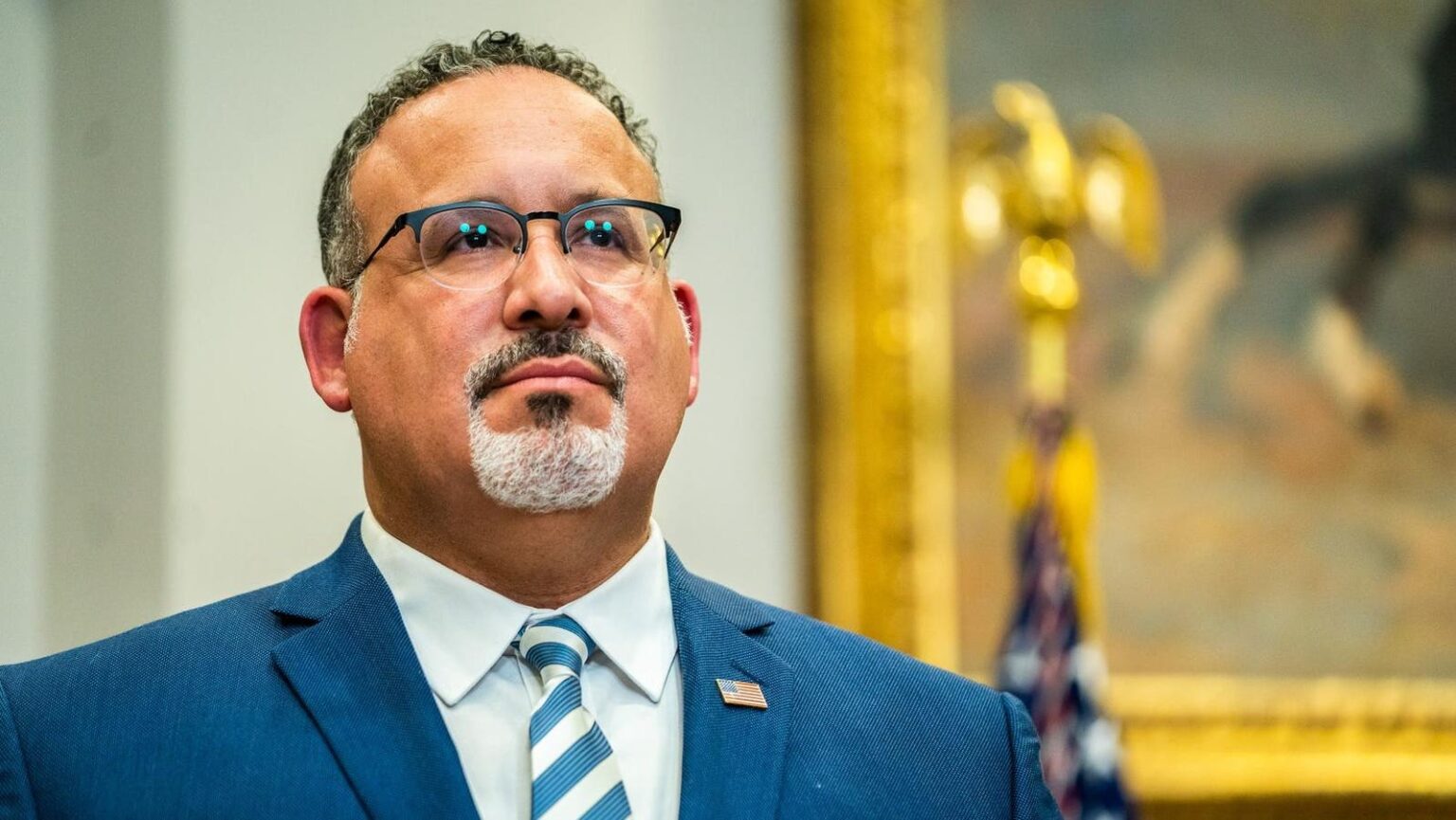On June 30, 2023, U.S. Secretary of Education Miguel Cardona addressed significant concerns regarding the Missouri-based student loan servicer MOHELA during President Joe Biden’s remarks on the recent Supreme Court decision related to student loan forgiveness. The Biden administration has accused MOHELA of mishandling borrower accounts, which has potentially jeopardized student loan forgiveness and reduced payments for many borrowers. Specifically, the administration highlighted that MOHELA had failed to promptly process over 460,000 applications for Income-Driven Repayment (IDR) plans, which are critical for many borrowers to obtain manageable monthly payments based on their income and to qualify for student loan forgiveness programs.
Income-Driven Repayment plans tie monthly payments to borrowers’ income and family size, allowing individuals with significant debt to pay what they can afford. Established by Congress in 1993, with additional plans introduced over the years, these programs are essential for borrowers seeking Public Service Loan Forgiveness (PSLF) as well, which allows for debt cancellation after ten years of qualifying public service employment. The Biden administration expressed concern that MOHELA’s actions directly hindered borrowers’ abilities to access these vital programs and services. In response to these issues, the Education Department announced a temporary halt on assigning new borrower accounts to MOHELA, emphasizing the need for effective servicing and the department’s commitment to addressing failures that created barriers for borrowers.
MOHELA has found itself at the intersection of ongoing legal challenges concerning Biden’s student loan forgiveness programs. Republican officials from states like Missouri have launched lawsuits against the Biden administration, asserting that the President has overstepped his legal authority regarding student loan debt cancellations. Missouri has specifically leveraged its financial ties to MOHELA to create a legal framework that supports its contention that it has standing to sue. This legal strategy successfully garnered a Supreme Court ruling last year, which upheld Missouri’s right to challenge the administration’s loan forgiveness initiatives. Consequently, this legal precedent exploited by Missouri has aided the state in blocking other proposed debt relief programs, including the recent SAVE plan, which aimed to modify repayment structures significantly.
As MOHELA faces increasing scrutiny for its service quality, borrower advocacy groups and progressives have called for the Education Department to reconsider its contract with the company. Accusations against MOHELA’s servicing failures are not new; previously, the Education Department fined the servicer $7.2 million for its failure to send timely billing notices to millions of borrowers, which resulted in many inadvertently falling into forbearance. Reports from various advocacy groups underscore systemic issues within MOHELA’s operations, suggesting that borrowers often received misleading information about their loans and repayment options. These ongoing service failures raise concerns about the broader impacts on borrower experiences, especially during a critical time when many are navigating complex repayment and forgiveness systems.
The controversies surrounding MOHELA have provoked strong reactions. In April, MOHELA filed a cease-and-desist letter against the Student Borrower Protection Center after alleging that the group was spreading misleading information about its operations. MOHELA defends its practices, claiming significant contributions to the recently expanded PSLF program. However, litigation from the American Federation of Teachers offers a counter-narrative, accusing MOHELA of illegal practices such as overcharging borrowers and failing to process necessary paperwork in a timely fashion, painting a troubling picture of borrower experiences with the servicer.
The Education Department’s recent actions against MOHELA, coupled with growing external scrutiny, highlight the broader challenges within the student loan servicing landscape. With the Biden administration attempting to implement transformative changes aimed at easing borrower burdens through new repayment options and forgiveness programs, ensuring effective servicing remains crucial. MOHELA’s alleged failures not only complicate the operational landscape but also place considerable strain on borrowers seeking effective support and opportunities for financial relief amidst a backdrop of ongoing legal and political contention surrounding student debt and education funding in the United States. The resolution of these issues will be pivotal for the future of student loan servicing and the administration’s broader goals related to equitable access to education and financial stability for impacted borrowers.

